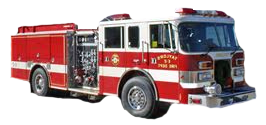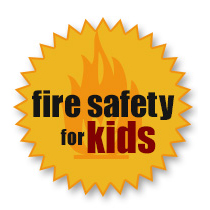Frequently Asked Questions
Do you respond to a medical emergency if EMS is unable to come immediately?
Yes. The District’s Firefighters are trained in cardiac pulmonary resuscitation (CPR) and basic life support functions so they are qualified to respond on a “first responder” basis.
In some areas of the District, there are no water lines to serve the public. Is this a problem in providing fire protection for these areas?
No, it is not a problem since the fire department has the mobile resources to bring an adequate amount of water to those areas to fight a fire. It is also important to understand that the District has no responsibility or capability concerning water quality or quantity, location of water lines or the amount of water pressure. Hydrant water service in the District comes from the Greenville Water System, Blue Ridge Water and Greer Water Systems.
Where should I install my smoke alarms?
At a minimum there should be one smoke alarm for every level of your home. In addition, it is recommended that they be placed in every bedroom. Smoke alarms should be placed in common areas such as living rooms and hallways that lead to bedrooms. Smoke alarms should not be placed in kitchens because of the high likelihood of false alarms.
What do you have to do to be a firefighter?
There are several things you have to do to become a firefighter. First you must be the type of person that has the desire to help people in times of need during emergency situations. Firefighting is an enjoyable career if it fits your personality.
There are 2 classifications of firefighters: career and volunteer. The training is the same for both classifications. At a minimum you must be OSHA certified to be a firefighter but most Fire Departments require you to have Firefighter I and II, First Aid and CPR. Once you become a firefighter you will continuously take training classes to gain more knowledge such as Auto Extrication, RIT (Rapid Intervention Team), Driver/Operator, Aerial Operations, Haz-Mat, High and Low Angle Rescue, Confined Space, Trench Rescue, and many more.




